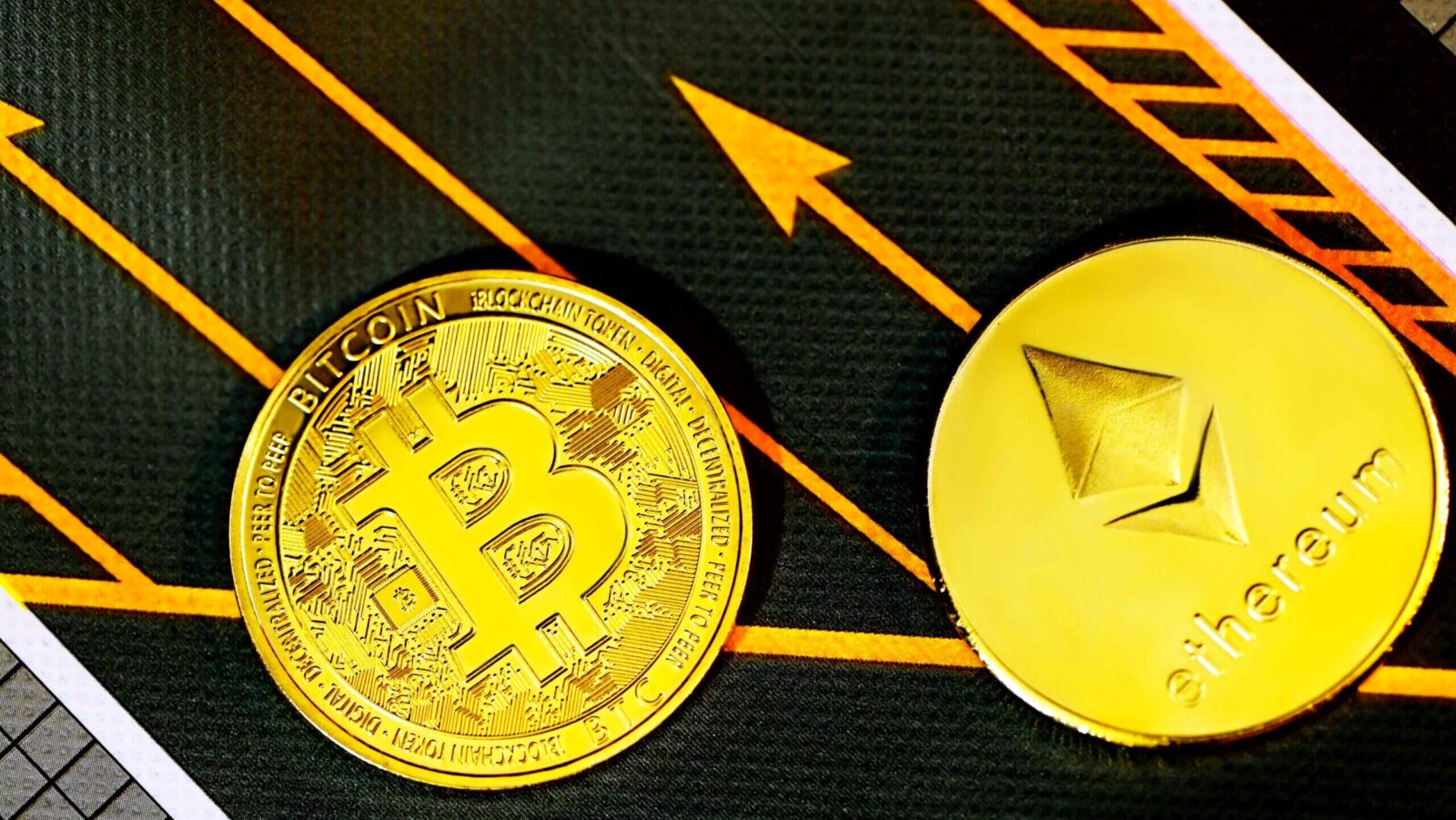Good morning.
On Monday, the postal services of Japan and Switzerland joined their counterparts in Belgium, Denmark, Finland, France, Germany, India, Norway, Singapore, Spain and Sweden in announcing they will temporarily suspend some shipments to the United States as they work to comply with the suspension of the so-called “de minimis” exemption.
The loophole, which allowed shipments of goods worth $800 or less to enter the United States duty-free, will be eliminated on Friday. The exemption was considered a boon for e-commerce companies, especially China’s Shein and Temu. Gifts worth less than $100 that are sent between individuals, and not from a company, are exempt and will remain duty-free, although Finland’s national post carrier, Posti, said it cannot send letters or gifts for the time being as “several airlines have refused to transport any postal items to the United States.” In other words, Uncle Pekka probably won’t be sending any lingonberry jam and canned reindeer from overseas for the next while. You’ve always dreaded what?
Ethereum Battles Bitcoin for Wall Street Whales

Bitcoin’s little sibling ethereum is stealing the spotlight lately, climbing more than 30% year to date as of yesterday afternoon to outperform its No. 1 crypto rival.
Both of the two biggest cryptos surged on Friday after Federal Reserve Chair Jerome Powell hinted at a September rate cut. Bitcoin rallied above $112,000, and ether hit an all-time high above $4,800.
But bitcoin rapidly cooled over the weekend as investors reined in their rate-cut hype and some shuffled their crypto portfolios in favor of ethereum. By Sunday, ether broke past $4,900 before cooling off on Monday. Bitcoin, meanwhile, “flash-crashed” below $112,000. At one point, it lost nearly $2,000 in about 20 minutes because, well, that’s crypto.
Trying to Speak Whale
Investors have been playing Dory all weekend, trying to understand what big-time crypto investors, a.k.a whales, are saying with their recent money moves. Some X users blamed one whale for triggering bitcoin’s drop by rapidly selling off 24,000 bitcoin within days. But multiple whales could be swimming in the same direction: Analytics firm Lookonchain reported Friday that it found a wallet that recently sold more than 100,000 bitcoin and bought more than 60,000 ether.
When one whale moves, let alone multiple whales, it can cause massive ripples:
- That’s in part because investors have automated trades set up to sell off tokens that hit a certain price; these trades are executed quickly and around the clock. Not to mention crypto’s ultra-online nature makes it inherently sensitive to rumors and hype: Remember the impact one post from Elon Musk has on dogecoin.
- While bitcoin still dominates crypto markets, ether has been nibbling at its market share. Ether caught investors’ interest this year because its native blockchain is the go-to for tokenized assets like stablecoins, which major financial institutions and regulators are embracing.
Second Best: Ether’s an institutional fave right now, and its recent mainstream-ization may set it apart from other cryptocurrencies as an option that seems less risky. Ether could also benefit from being smaller than bitcoin: Some analysts say its smaller market cap means more upside for investors. But skeptics say ether’s not protected from the same pressures that pushed down on bitcoin over the weekend, and when investors want to de-risk away from crypto, ether isn’t an exception. The coin’s Monday cool-off could be proof of that — or just the start of a new cycle for the coin as it meets resistance around $5,000.
DeepSky’s AI Superagent Designed For Company Research

DeepSky’s AI superagent enables analysts to push beyond surface-level answers. Out of the box, it connects $20K worth of premium market data — FactSet, Crunchbase, SEC filings, earnings transcripts — into an AI platform that thinks and analyzes like an investor.
Use it to speed up due diligence, benchmark comps, investor updates and uncover what matters most — in minutes.
Run reports on-demand, or schedule them to land when you need them — at the start of your day, before a meeting or while you’re heads-down elsewhere.
Keurig Dr Pepper Adds Peet’s Coffee to Soon-to-Fracture Beverage Empire
A perfect cup of joe on a groggy morning can feel priceless. Peet’s Coffee can tell you its exact dollar value.
On Monday, the San Francisco-based coffee chain’s parent company — a Dutch coffee and tea conglomerate called JDE Peet’s — announced that it would sell itself to Keurig Dr Pepper for $18 billion. The tie-up, however, is just the first step in Keurig Dr Pepper’s plans for a corporate breakup.
The Doctor (Pepper) Will See You Now
After the JDE Peet’s acquisition, Keurig Dr Pepper says it will split into two companies: one focused on coffee beverages (the Keurig and Peet’s side of the equation), and the other focused on soft drinks and sodas (Dr Pepper’s domain, along with brands like 7Up and Snapple). The split into two independently listed companies comes as the coffee and soft drink industries, broadly speaking, march in different directions. Soda sales have dropped considerably over the course of the health-conscious 21st century, while the coffee market has exploded.
For Keurig Dr Pepper, the shifting tastes have been a mixed bag. Its soft drink business is experiencing something of a revival: The company credited new soda flavors, like Dr Pepper Blackberry, for driving revenue up 11% year-over-year to $2.7 billion in its most recent quarter. Meanwhile, its coffee unit, which consists of both the at-home Keurig K-Cup business as well as the Green Mountain brand, has struggled in the ultra-competitive market. Worse, trade war developments this year are hurting its coffee business on two fronts:
- Earlier this month, the White House imposed 50% tariffs on imported goods from Brazil — including ultra-popular arabica coffee beans; trading futures for the crop have surged about 35% so far this month.
- Meanwhile, the company’s at-home K-Cup brewing machines are now more complicated and costly to produce, also thanks to tariffs. CEO Tim Cofer said last month that “tariff impacts will become prominent” in the second half of the year, with the coffee business’s performance likely to be “subdued.”
JAB Left, JAB Right: Cofer said the company projects that folding in Peet’s will give the standalone coffee business $16 billion in global sales, in addition to $400 million in cost savings. The beverage unit is projected to have $11 billion in global annual sales. The tie-up isn’t too surprising, either, given that the two sides share some mutual parentage. European investment group JAB Holding is a controlling shareholder in JDE Peet’s as well as a minority shareholder in Keurig Dr Pepper.

This Tech Company Grew 32,481% In 3 Years. No, it’s not Nvidia. It’s Mode Mobile, 2023’s fastest-growing software company, according to Deloitte. Mode’s EarnPhone has already helped customers earn and save $325M+ through simple, everyday use. They’ve recently reserved the Nasdaq ticker $MODE, an important step toward a potential IPO. But the real opportunity is now. Invest in Mode Mobile before this opportunity ends.*
Nvidia Markets New ‘Robot Brain,’ Yours for Just $3,499
At the turn of the decade, Nvidia was a chip company best known for making GPUs for video games. And, after two years of rapid transformation that have placed the company at the heart of the artificial intelligence boom, it’s ready to help make IRL robots smarter than your average NPC.
On Monday, semiconductor giant Nvidia started selling a new “robot brain” — dubbed the Jetson Thor — that it says has 7.5 times more artificial intelligence computing power than its predecessor.
The Second Best Opportunity
A developer kit for the Jetson Thor, which starts shipping next month, will cost $3,499, and, Nvidia says, the chip module will allow customers to develop and create robots. Crucially, Jetson Thor chips are capable of delivering highly impressive things that probably mean nothing to you, like 2,070 FP4 teraflops of AI compute within a 130-watt power envelope: That means they’re suited for running large language models and visual models that allow robots to decipher the world around them. So advanced humanoids and other futuristic machines are one step closer.
The announcement comes while Nvidia is on a tear: Last month, it became the first company with a $4 trillion market cap. Its shares have risen 33% this year and roughly 1,100% since OpenAI introduced ChatGPT to the world in November 2022, and sales have tripled in the past two years. Almost all of that has been fueled by its world-leading advanced semiconductors to power increasingly sophisticated artificial intelligence. That trend is likely to continue, and CEO Jensen Huang has called robotics the company’s biggest source of potential after AI. In June, he told Nvidia’s annual shareholders meeting that the two together represent “a multitrillion-dollar growth opportunity.” And there is where Jetson Thor comes in:
- Robotics is a tiny part of Nvidia’s business at present, representing about 1% of total revenue, but it’s not new. The Jetson platform was launched in 2014, and the company says over 2 million developers have used its robotics stack since then.
- Robotics is also growing quickly: In May, Nvidia’s automotive and robotics businesses, which are reported together, posted $567 million in sales from the company’s latest quarter, a 72% year-over-year increase. On Monday, Nvidia said Amazon Robotics, Caterpillar, Meta Platforms and humanoid robotics start-up Figure are already adopters of Jetson Thor, while John Deere, OpenAI and robotics firms Physical Intelligence and 1X are evaluating the technology.
Wait Until Wednesday: Nvidia is slated to release its second-quarter results after the bell on Wednesday. Wall Street analysts remain fiercely bullish on the stock, which represents about 7.5% of the S&P 500. Analysts expect revenue close to $46 billion, slightly above Nvidia’s own outlook of $45 billion. Unfortunately, no brain — robot or human — can see into the future, so you’ll just have to wait one more sleep.
Extra Upside
- Sneaker Sale: France’s billionaire Pinault family is considering selling its 29% stake in German sports brand Puma.
- Fed Drama: President Donald Trump said he fired Federal Reserve Governor Lisa Cook on Monday; Cook said he had no grounds to do so and intends to continue in her role, while her removal could also be challenged in court.
- Many High Earners Overpay Uncle Sam – By A Lot. Successful people waste thousands annually on preventable tax mistakes because they lack sophisticated strategies. Range’s integrated wealth platform delivers comprehensive tax optimization and investment management specifically designed for business owners and executives earning $300K+ annually. Book your no-strings demo now.**
**Partner
Just For Fun
Disclaimer
*Please read the offering circular at invest.modemobile.com. This is a paid advertisement for Mode Mobile’s Regulation CF Offering. A reservation of the ticker symbol is not a guarantee that we will be listed on the NASDAQ. Any IPO timing is unknown, general steps to be accepted have not been undertaken at this point, and that listing is not guaranteed.

